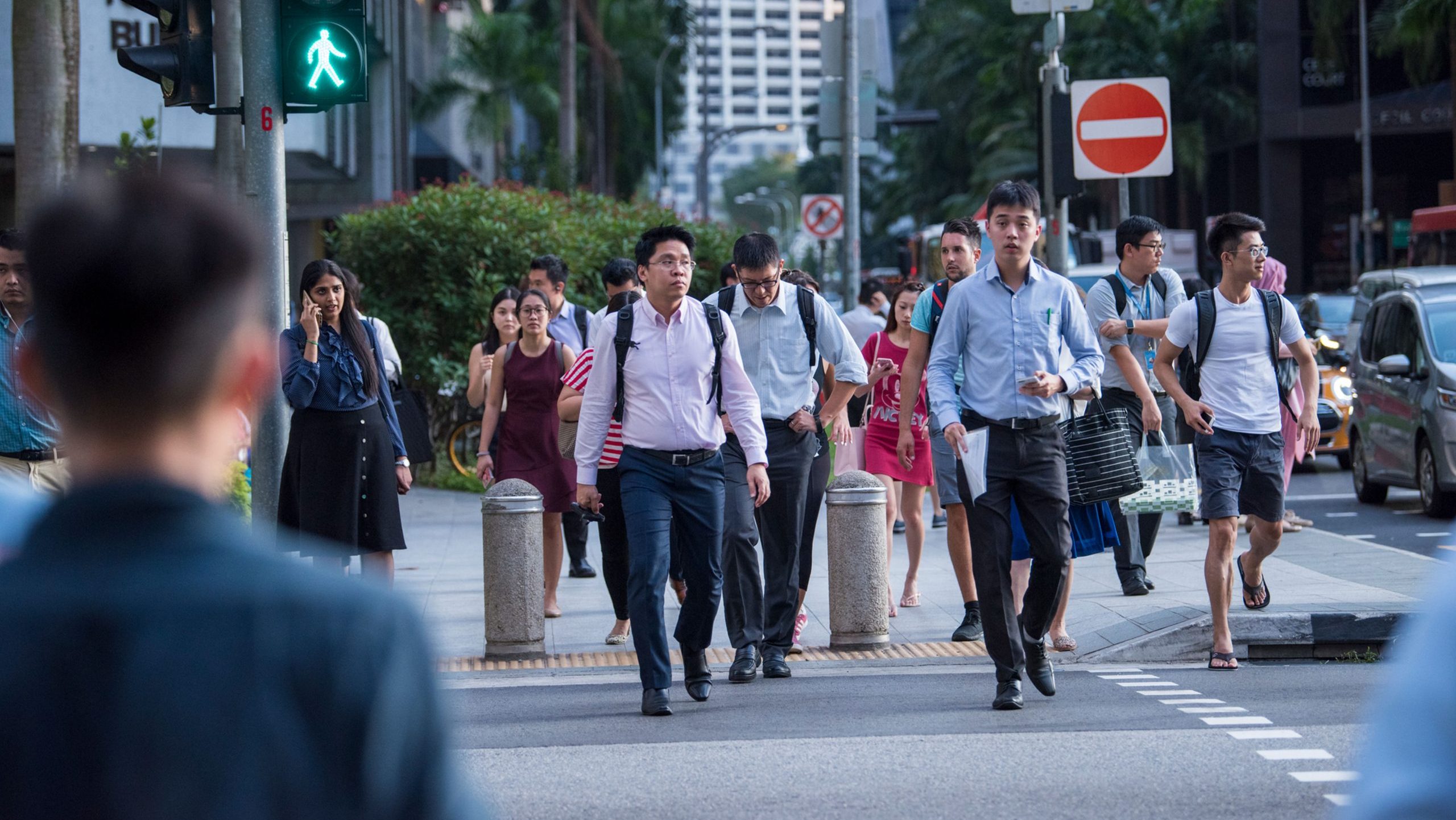SINGAPORE: A Singaporean job seeker took to social media to voice her confusion and discomfort over how much personal and confidential information companies request during the hiring process.
Posting anonymously on a local forum, the job seeker said, “They ask for so much personal and confidential info such as your health status, home address, and your last drawn salary BEFORE the interviews when they haven’t even (decided) to give you the offer.”
She questioned why such sensitive information is necessary at such an early stage, especially when there’s no guarantee of progressing further in the application. To her, it made more sense for companies to collect this kind of data only after deciding to offer a position to a candidate rather than asking every applicant to fill out extensive forms up front.
She continued, “Nowadays, it feels like companies are trying to fish out (people’s) personal info without even a job offer, and also, what are companies going to do with that info when candidates aren’t offered a job?”
“They’re doing it because it’s legally allowed.”
In the comments, one Redditor said, “Are you asking why they’re doing it or why they need to do it? They’re doing it because it’s legally allowed.”
Another commented, “I don’t provide personal info and only give very sketchy responses. Home address: Singapore; work experience: refer to attached CV, educational qualifications: refer to attached CV. I complete the form but really don’t leave them with much personal info.”
A third wrote, “Sometimes it’s recruitment agents collecting data.”
Why employers ask for personal details in job applications
According to Jobstreet, employers often ask candidates for essential personal details to ensure they’re a good match for the role. This could include basic information like your identity and residential address. Depending on the job, they might also request additional details. For example, for more specialised positions, employers may ask for proof of your professional licences or certifications to verify you have the required qualifications.
Employers sometimes might go a step further and look into your financial and criminal background to assess reliability and trustworthiness. They could also verify your educational credentials and previous work experience to confirm the accuracy of what you’ve listed on your resume. In today’s digital age, some employers might even check your social media profiles to get a sense of who you are outside of the professional setting.
Featured image by freepik (for illustration purposes only)



